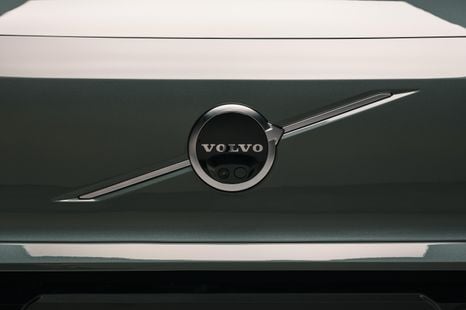

Derek Fung
Volvo keen on a larger SUV to take on the BMW X7
1 Hour Ago

Publisher
The 2025 Nissan Qashqai’s design has been aided by artificial intelligence (AI) tools, while its UK manufacturing facility also uses machines that are learning to improve the quality of the Japanese giant’s cars.
In a world where AI is often viewed from the lens of a large language model, the use of other forms of artificial intelligence have taken a back seat, but not at Nissan.
Speaking to the media at Nissan’s Sunderland plant in the UK, the company’s European vice president of design , Matthew Weaver, said the front grille of the new Qashqai had been designed using AI due to the complexity of the patterns in the shape, as well as cooling and aerodynamic requirements.
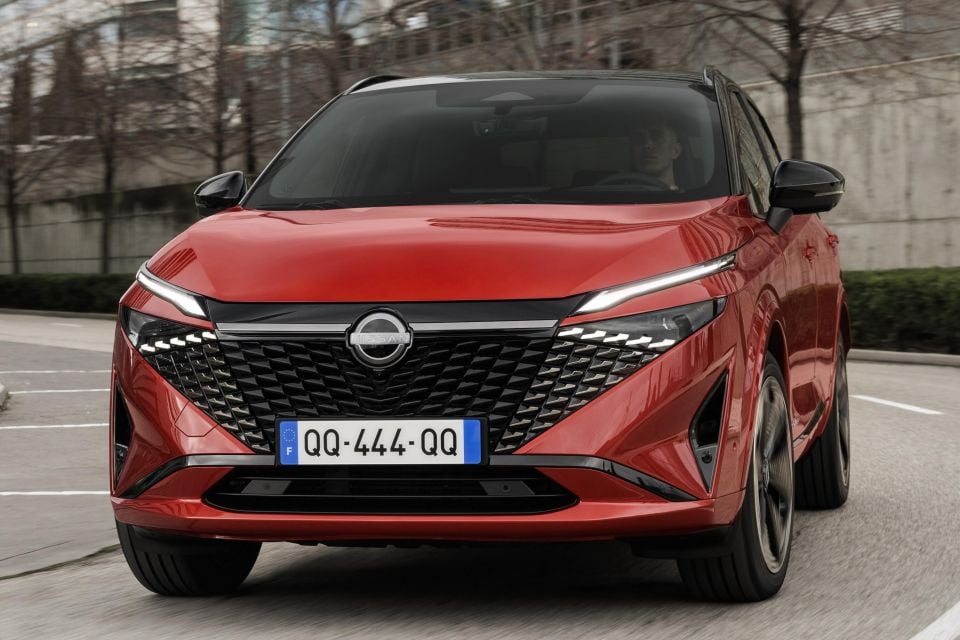
Mr Weaver joked that there seems to be a tendency to make larger and larger grills, but that Nissan’s ‘V motion grille’ on the new Qashqai is now wider and hosts a similar pattern to its predecessor.
“If you look at this grille, it’s quite clever, its designed partially with AI. We use it to start the pattern and then finish it by hand,” Mr Weaver said.
The benefits of using AI to design the grille allows many iterations that take into account the cooling and aerodynamic requirements of the car, while also making sure it is still aesthetically pleasing.
Pressed further as to why AI was used and what that means for the future of human car designers, Mr Weaver said that for now it remains purely an assistance tool and not a replacement.
“I mean, there are many ways to come up with a design, either by sketching it by hand or building it by hand. But actually, we can now run [AI] programs where we can generate various patterns.
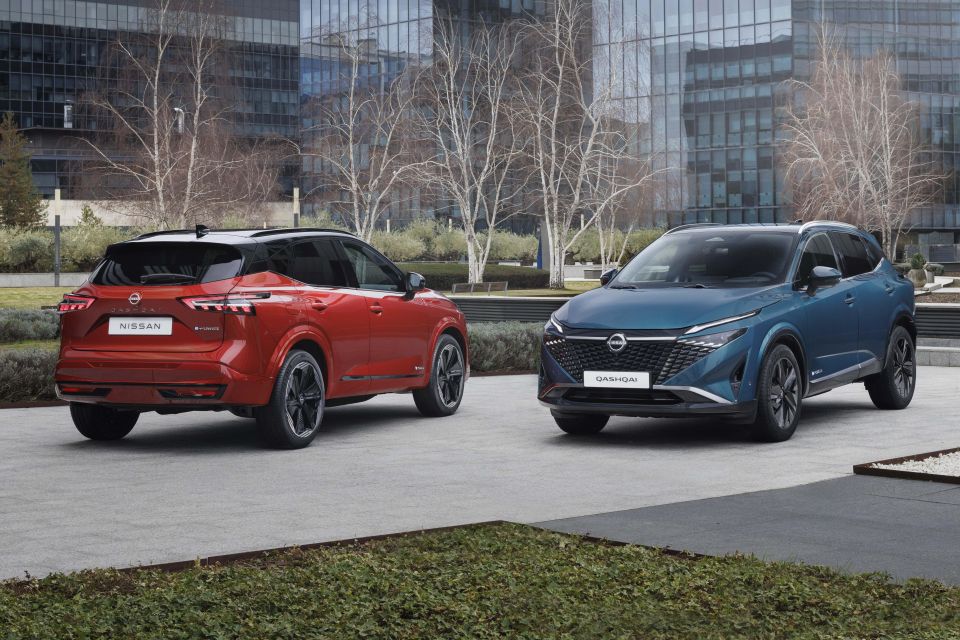
“We scan a little bit, we set a computer to run on different patterns, then we select that front [design] … then at the end we just jump into the AI design and finish it by hand.”
As for the use of AI in production, Nissan’s senior vice president of sustainability, corporate affairs and governance, Friederike Kienitz, said that machine learning in the new Nissan plants allows for more accurate prediction of when robots need maintenance or when patterns of production errors are spotted.
“We’ve got a system that predicts now very, very accurately when they need to change the welding tips on the robots before they’re going to break down,” Mr Kienitz said.
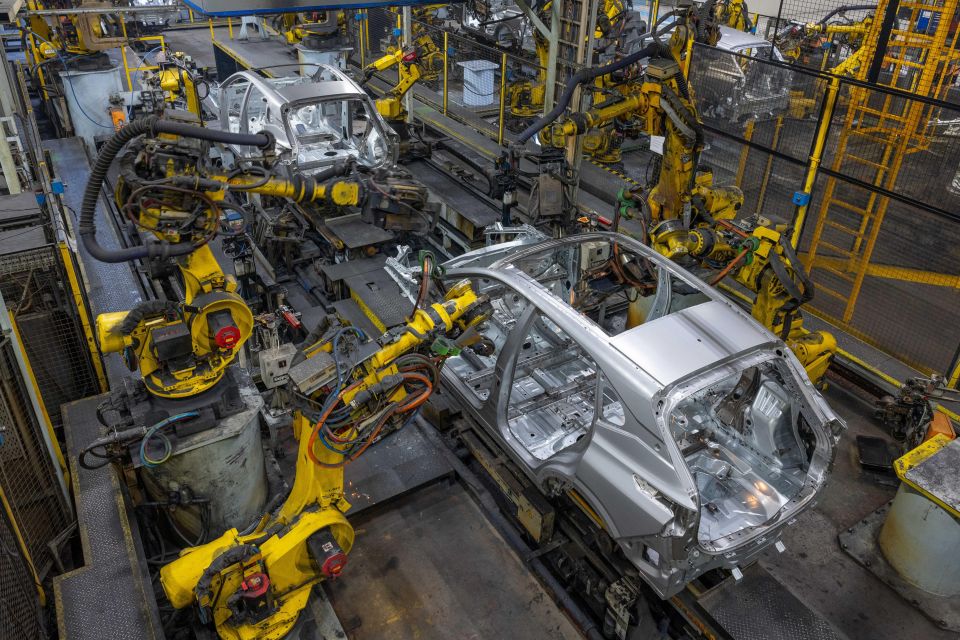
“Basically, this saves you stopping the line for 20 minutes because the thing is changing over [at an inappropriate time].”
Nissan is not alone in using AI across its manufacturing and design process, with machine learning and robotics now evolving to a point where it can detect and rectify patterns of manufacturing errors without human intervention.
Nissan’s senior team wouldn’t comment on whether the increasing use of automation and artificial intelligence will eventually lead to reduction in work force, only stating that as an example, the Sunderland factory’s current headcount of about 6000 employees is likely how it will remain despite production growth expectations.
MORE: Everything Nissan Qashqai MORE: 2025 Nissan Qashqai facelift revealed, Australian launch locked in
Where expert car reviews meet expert car buying – CarExpert gives you trusted advice, personalised service and real savings on your next new car.
Alborz Fallah is a CarExpert co-founder and industry leader shaping digital automotive media with a unique mix of tech and car expertise.


Derek Fung
1 Hour Ago
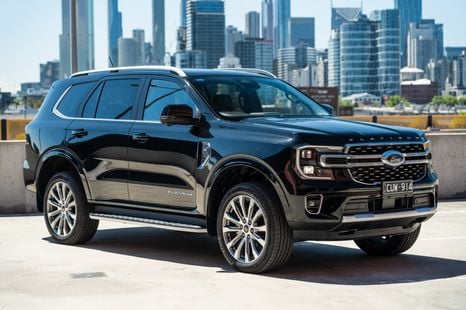

Ben Zachariah
8 Hours Ago
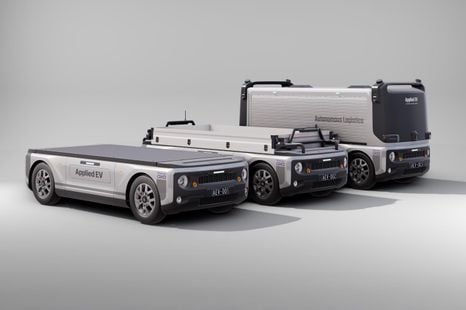

Damion Smy
16 Hours Ago
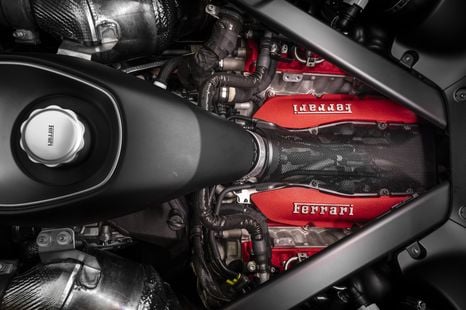

Alborz Fallah
18 Hours Ago
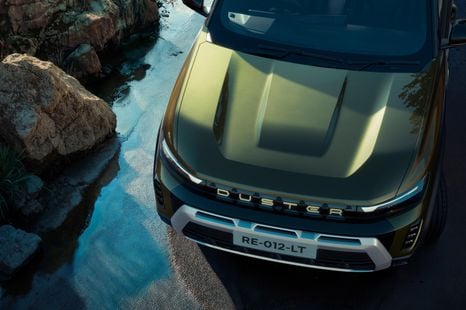

Damion Smy
18 Hours Ago
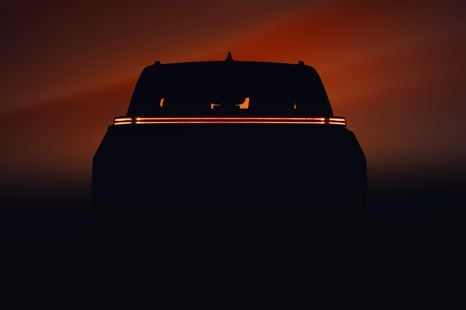

Damion Smy
19 Hours Ago